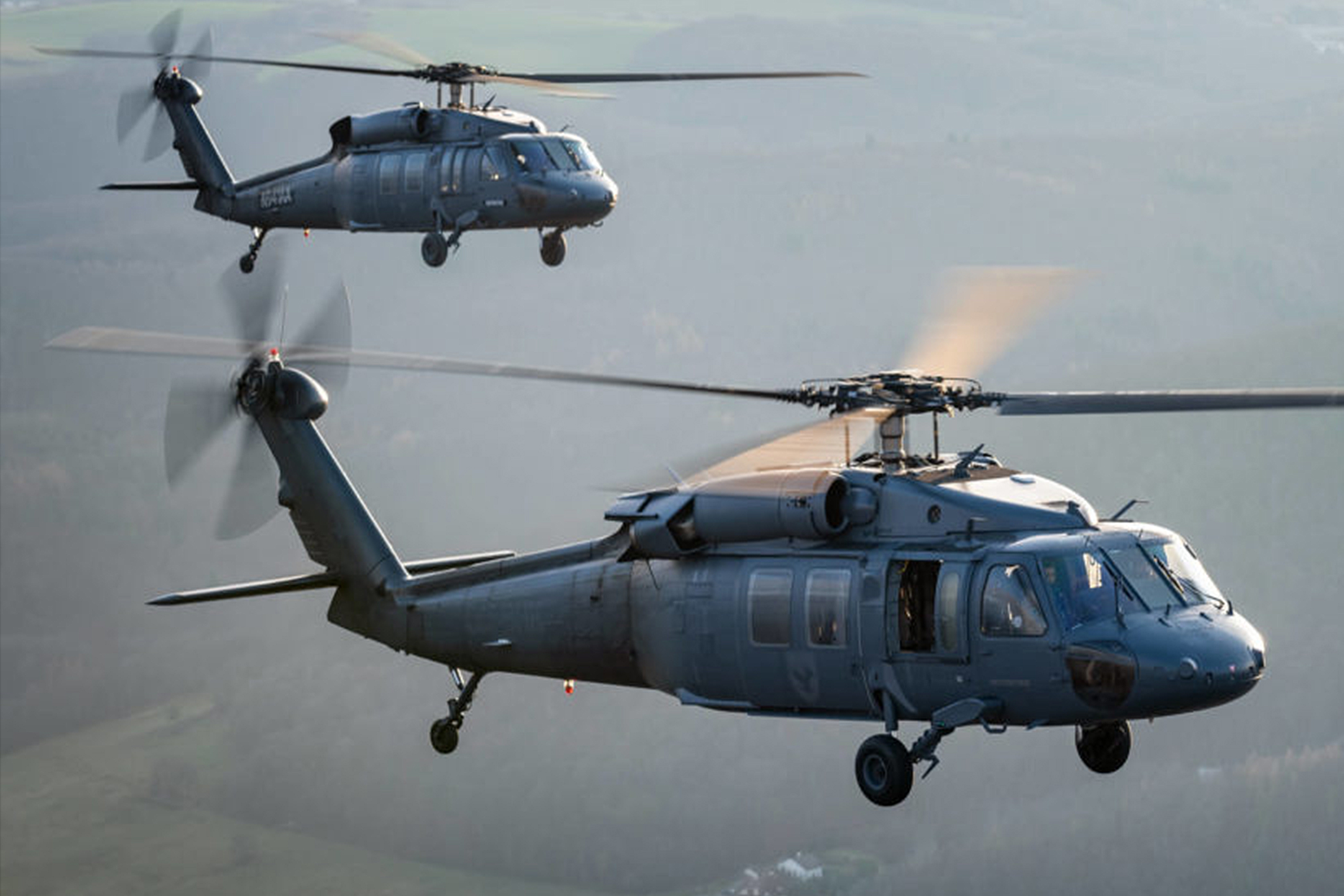The Influence of Sustainable Practices on the Future of Aircraft Procedures and Emissions Reduction
As the air travel industry deals with increasing analysis over its ecological effect, the adoption of sustainable practices emerges as a crucial pathway toward future airplane operations and emissions reduction. Innovations in sustainable aviation fuels and advancements in hybrid propulsion technologies stand at the forefront of this change, promising significant decreases in greenhouse gas discharges.

Summary of Lasting Practices
Sustainable techniques in aircraft operations encompass a series of techniques aimed at decreasing environmental influence while maintaining functional performance. These methods are vital in the aeronautics sector's dedication to reducing its carbon footprint and adhering to international environmental standards. Trick campaigns include maximizing trip paths to lower gas intake, enhancing upkeep protocols to ensure airplane operate at peak performance, and implementing advanced innovations such as winglets and lightweight products that enhance aerodynamics.

Educating and engaging staff on sustainability methods likewise play a crucial duty, cultivating a society of environmental obligation within companies. On the whole, the combination of these lasting techniques not just helps lower discharges but additionally boosts the long-term practicality of the aeronautics field, ensuring it meets the needs of both customers and regulatory bodies while contributing to international sustainability objectives.
Ingenious Gas Alternatives
Numerous innovative fuel options are arising as critical solutions to reduce the aeronautics market's reliance on typical fossil gas. Amongst these options, Lasting Air travel Fuels (SAFs) have actually acquired considerable attention as a result of their potential to lower lifecycle greenhouse gas exhausts by up to 80% compared to traditional jet gas. SAFs are originated from various feedstocks, including waste oils, agricultural deposits, and also algae, making them a flexible choice for the sector.
One more promising option is hydrogen gas, which, when used in gas cells, produces just water vapor as a by-product. Additionally, electric propulsion systems are being checked out, leveraging battery technology to power airplane.
Last but not least, biofuels originated from biomass are being explored, using an eco-friendly option that can be combined with typical gas. Jointly, these ingenious fuel options represent a crucial step towards accomplishing a sustainable aeronautics environment, aligning with global exhausts decrease targets and enhancing the market's ecological stewardship.
Technical Improvements in Aeronautics

Exactly how can technological improvements improve the future of air travel? The integration of advanced technologies is essential in changing airplane procedures, boosting effectiveness, and lowering exhausts. Innovations such as electrical and hybrid propulsion systems go to the forefront, encouraging significant reductions in gas intake and greenhouse gas emissions. These systems leverage developments in battery technology and power administration, making it possible for aircraft to operate with a reduced ecological footprint.
Moreover, the implementation of innovative products, such as light-weight composites, adds to boosted aerodynamics and fuel efficiency. The use of expert system and device learning in flight procedures optimizes route planning and minimizes fuel burn by making it possible for real-time adjustments based on weather condition and web traffic problems. Furthermore, the growth of self-governing and from another location piloted airplane click for more systems stands to change freight and traveler transport, possibly raising effectiveness while minimizing human error.
Moreover, sustainable aviation technologies, consisting of advanced air website traffic administration systems, can decrease and simplify operations congestion, causing reduced exhausts during top article trip. These developments jointly represent a paradigm shift in air travel, promising a future where sustainability and functional performance are intertwined, thus supporting the industry's commitment to decreasing its ecological impact.

Regulatory Structure and Compliance
Taking into account the expanding emphasis on environmental stewardship within the air travel market, the governing framework governing airplane operations is developing to advertise sustainable techniques. Governing bodies, such as the International Civil Aeronautics Organization (ICAO) and numerous national aviation authorities, are introducing rigorous guidelines targeted at decreasing discharges and boosting functional efficiency.
These guidelines usually include the adoption of Sustainable Aeronautics Gas (SAF), which has been identified as an essential part in accomplishing lower carbon impacts. Moreover, compliance with these guidelines calls for airline companies to apply sophisticated innovations and functional methods, such as maximized trip paths and improved air web traffic management, to reduce fuel usage.
Additionally, the enforcement of discharges trading plans and carbon offsetting initiatives is ending up being increasingly prevalent, engaging airlines to keep track of and report their emissions properly. Non-compliance can cause considerable penalties, therefore pressing drivers to prioritize sustainability in their business designs.
Ultimately, the evolving regulative landscape not only drives development and investment in eco-friendly modern technologies yet likewise promotes a society of responsibility within the air travel market. As these structures remain to create, the concentrate on lasting techniques will certainly be important to accomplishing the field's lasting environmental objectives.
Future Trends in Aircraft Workflow
As the air travel sector adapts to a progressively rigorous regulatory setting, future trends in aircraft procedures are set to concentrate on innovative solutions his explanation that even more boost sustainability and effectiveness - uh 60. Trick developments will likely include the adoption of innovative air web traffic administration systems, which use real-time information and man-made knowledge to enhance trip paths, decreasing fuel intake and exhausts
One more substantial trend is the enhanced integration of lasting aviation fuels (SAFs) These choices to traditional jet fuel, stemmed from eco-friendly resources, can considerably decrease lifecycle greenhouse gas discharges. The sector's commitment to SAFs will likely speed up as airline companies collaborate with gas producers to guarantee availability and cost-effectiveness.
Furthermore, the push in the direction of electrification and crossbreed propulsion systems is obtaining energy. Emerging aircraft styles will certainly integrate these technologies, providing quieter and more effective procedures, specifically for short-haul flights.
Final Thought
The adoption of lasting aviation gas, combined with advancements in hybrid and electric propulsion systems, is necessary for reducing lifecycle greenhouse gas exhausts. Optimizing flight courses and welcoming ingenious technologies add to a quieter and extra environmentally friendly aviation industry.
Innovations in sustainable aeronautics fuels and improvements in crossbreed propulsion modern technologies stand at the forefront of this makeover, encouraging considerable reductions in greenhouse gas exhausts.Numerous ingenious gas choices are emerging as pivotal solutions to reduce the aeronautics market's reliance on typical fossil gas - uh 60. Amongst these alternatives, Lasting Air travel Fuels (SAFs) have gained substantial focus due to their possible to reduce lifecycle greenhouse gas exhausts by up to 80% compared to traditional jet fuels.An additional considerable fad is the enhanced assimilation of sustainable air travel fuels (SAFs) The adoption of sustainable aviation fuels, paired with improvements in electrical and hybrid propulsion systems, is crucial for lessening lifecycle greenhouse gas discharges